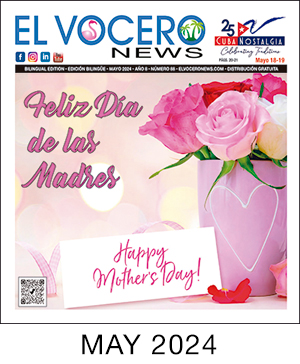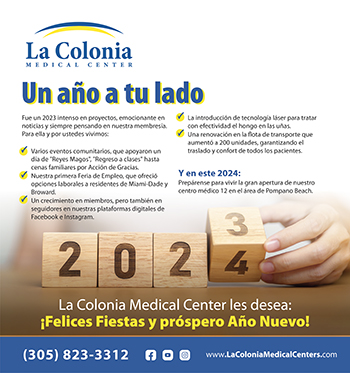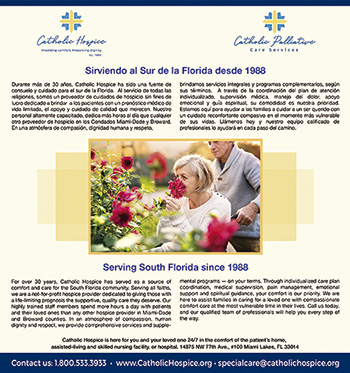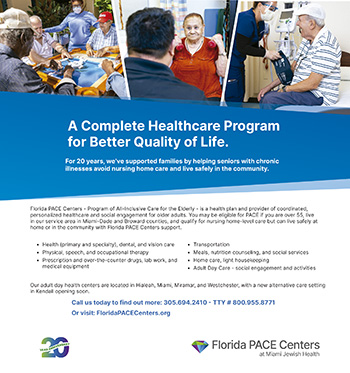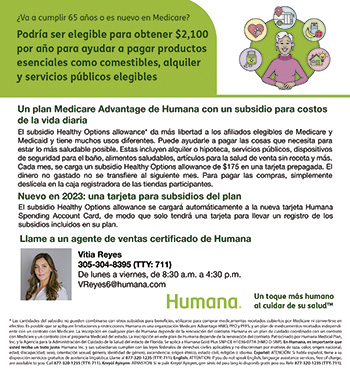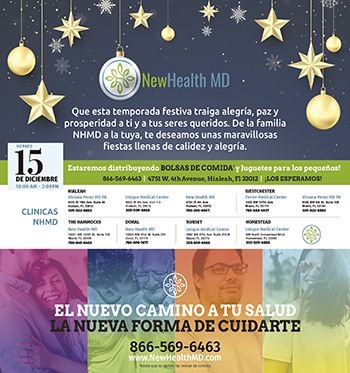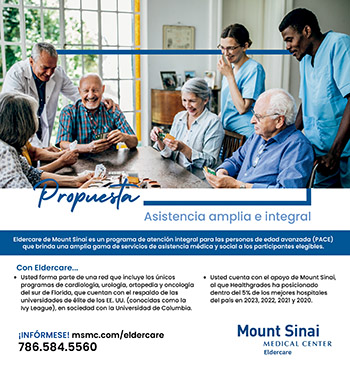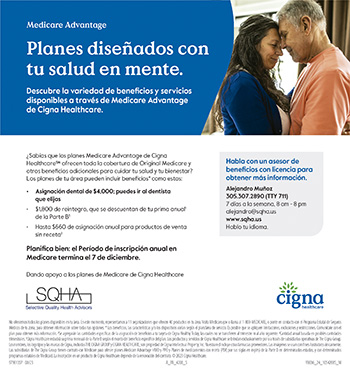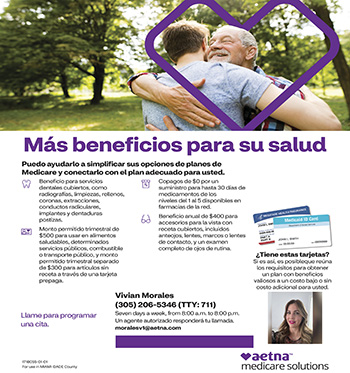Por Lupe Bruneman y Mario Tapia
Pareciera una verdadera epidemia. Cada día son más y más las personas que padecen de este mal que lleva abatiendo a nuestras queridas personas de tercera edad desde hace ya 100 años. Fue ya hace mucho que supimos que el presidente Reagan sufrió de esta enfermedad y algunos pensamos que sólo le sucedía a personas lejanas a nosotros, sin embargo últimamente ya la tenemos a nuestro alrededor. Son nuestros vecinos de muchos años los que deambulan de piso en piso en nuestro lugar de residencia tratando de recordar donde viven; son los padres de nuestros amigos que ya no reciben a sus hijos con alegría y cariño, sino con insultos e incoherencias. Es la cara triste y dramática de una terrible enfermedad.
En 1994, la organización Latino Center on Aging (LCA) auspicio la primera conferencia gerontológica en Chile, pasando por otras posteriores en México, Argentina, Costa Rica y Puerto Rico. Desde entonces, nos dimos cuenta de que el mayor interés de los participantes radicaba en los talleres sobre el Mal de Alzheimer. Todos intuíamos que mientras más se prolongaba la expectativa de vida de las personas, más posibilidades existían de que más personas padecieran de este Mal.
En Estados Unidos las proyecciones estadísticas nos cuentan que habría poco más de 500 mil personas hispanas padeciendo del Mal de Alzheimer en el presente y que esa cantidad se multiplicaría más de 6 veces en los próximos 40 años, llegando a 3 millones. Los esfuerzos para ayudar a este segmento de la población son muy escasos. Especialmente cuando vemos reportajes en los principales medios de difusión en que se sugiere que esta enfermedad atacaría de preferencia a los hispanos, una vez y media más que a los mayores blancos. Y cuántos de ellos tienen o han tenido acceso a servicios de salud apropiados? ¿Cuántas de sus familias están recibiendo la asesoría y apoyo necesarios para lidiar con esta enfermedad? Quienes laboramos en este campo sabemos que son muy pocos, por eso es que los esfuerzos de la Asociación de Alzheimer y al igual la del Latino Center on Aging (LCA), son muy importantes para distribuir información vital acerca de Alzhermer y sus efectos.
Invitación: El Latino Center on Aging (LCA) llevará a cabo su novena conferencia anual “Una Vida Sin Memoria: Latinos y el Alzheimer” el próximo 11 de mayo del 2022 de 10:00 AM a 1:00 PM en el Austin Hepburn Senior Center, Hallandale Beach. Gratis y en español. Regístrese en info@gerolatino.org o llamando al teléfono: (305) 647-1150.
*Mario Tapia es el presidente y fundador del Centro Latino sobre el Envejecimiento (LCA) y anfitrión del programa “Para Mayores” en la estación de radio La Poderosa 670AM. Sintonice «Para Mayores» el segundo sábado de cada mes a las 9:45 am para escuchar nuestro programa de radio que trata sobre Medicare y otros temas relacionados con la atención médica.
Alzheimer’s Disease and Hispanics
By Lupe Bruneman and Mario Tapia
It seems like a true epidemic. Every day more and more people suffer from this disease, which for the last 100 years since it’s discovery, has been afflicting our beloved seniors in devastating ways. It was long ago that we learned that President Reagan suffered from this disease. Some think that it only affects people far away from us, however lately we are realizing it is closer than we think. It affects our neighbors with whom we’ve shared for many years who wander the hallways in our places of residence trying to remember where they live; It’s our friend’s parents who no longer recognize their children and welcome them with joy and affection, but instead with insults and inconsistencies. It is the sad and dramatic face of a terrible disease.
In 1994, the Latino Center on Aging (LCA) organization sponsored its first gerontological conference in Chile, later sponsoring subsequent conferences on the topic in Mexico, Argentina, Costa Rica and Puerto Rico. Since then, we realized that the greatest interest of the participants lay in the Alzheimer’s Disease workshops. We all intuited that the longer people’s life expectancy was prolonged, the more likely it was that more people would suffer from this disease and not be prepared to deal with its consequences, both physical and emotional, and both to the patient and their loved ones.
In the United States things are not so bright for Latinos either. Statistical projections tell us that there are just over 500,000 Hispanic people suffering from Alzheimer’s disease today and that this number will multiply 6 times over in the next 40 years, reaching 3 million. Efforts to help this segment of the population are very scarce. Especially when we see reports in the mainstream media suggesting that this disease would preferentially strike Hispanics one and a half times more than older whites. And how many of them have or have had access to appropriate health services and resources? How many of your families are receiving the necessary advice and support to deal with this disease? Those of us who work in this field know that resources are scarce, which is why the efforts of the Alzheimer’s Association and other organizations, including the Latino Center on Aging (LCA), are very important and must be replicated, both by public and private organizations. Invitation: The LCA will hold its 9th Annual conference “A Life Without Memory: Latinos and Alzheimer’s” on May 11, 2022 from 10:00 AM to 1:00 PM at the Austin Hepburn Senior Center, Hallandale Beach. Free and in Spanish. Register at info@gerolatino.org or by calling: (305) 647-1150. *Mario Tapia is the President and Founder of the Latino Center on Aging (LCA) and host of “Para Mayores” on radio La Poderosa 670AM. Please tune in to “Para Mayores” on the 2nd Saturday of every month at 9:45 am to hear our radio show dealing with Medicare and other healthcare related topics.




